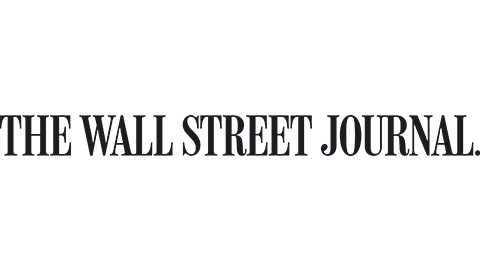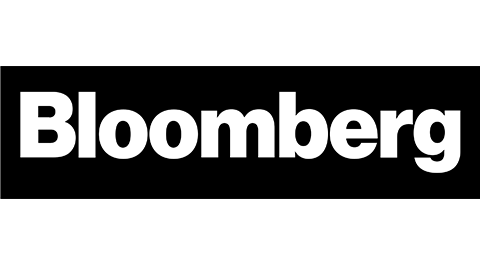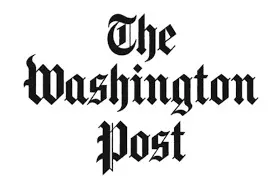Received an American Check? You can cash your check in the following ways

Received an American check? You can cash your check in the following ways:
Cashing the check at your own bank
You may be able to cash your American check at your own local bank. A charge will be made for processing the check.
In some countries, such as the Netherlands, it is regrettably no longer possible to cash checks since 1 January 2021. Despite several requests made by Americans Overseas, the Dutch banks, unfortunately, do not want to resume this service.
Transfer to another person (endorsement)
You can endorse a check and send it to a friend/family member who has an American bank account, so they can cash the check for you at their bank. You send your check to your friend/relative. Your friend/relative will then wire the amount to your account.
Make sure you trust this relationship. Have your friend contact their US bank in advance to find out if endorsement is possible and what the bank’s procedure is.
Cashing the check using online US Tax Service
Update 11-11-2022: Unfortunately this service no longer works.
Cashing the check in another bank
If you live in a country where checks cannot be cashed, you may be able to open an account in a neighboring country.
For example, many Dutch people have the possibility of opening an account just across the border and then cashing American checks. Until recently, it was also possible to cash the checks at any branch of the Reise Bank in Germany, upon presentation of a valid ID. Since 12/22/2021, checks over $1500 are unfortunately refused there too.
In addition, the following banks accept US checks in Europe (always check with the bank in advance as this information can change):
- Lloyd’s Bank (UK)
- Bank of Scotland (UK)
- NatWest (UK)
- Barclays (UK)
- HSBC (International)
- DKB (German online bank)
- Sparda Bank (Germany)
- Sparkassen (Germany)
- UBS (Switzerland)
- Credit Suisse (Switzerland)
- Crédit Agricole (France)
You may need to open a bank account to cash your Stimulus check.
Another possibility is to open a US bank account
Another possibility is to open a US bank account, for example with the SDFCU (State Department Federal Credit Union). After opening the account, you can send your check and have it paid into your account number. Ask the bank about the procedure and costs.
Please note: if you open a new account at a bank outside America, you may need to declare it in your FBAR.
Having payments made through your US bank account (only for stimulus checks)
You open a US bank account (or you already have a US bank account), for example with the SDFCU (State Department Federal Credit Union) or with Wise. Both are accepted by the IRS for electronic payments. You then provide the bank account details to the IRS on your US tax return.
Have you discovered another way?
We at Americans Overseas have done our best to share above the most reliable ways to cash a US check.
If you have found another way, please let us know so we can add it and help other people.
Contact us for more information
Frequently Asked Questions Cash American cheque
How long is a U.S. check valid?
Typically 6 months. U.S. Treasury checks may be valid up to 12 months.
Can I use a mobile app to deposit my U.S. check?
Only if you have an account with a U.S. bank that offers mobile deposit services.
What’s the difference between check and cheque?
“Check” is American English; “cheque” is used in British English. They refer to the same payment instrument.
Can I deposit a U.S. check at Wise or Revolut?
No. These services don’t currently support physical check deposits.
Can I endorse a U.S. check to someone else?
Sometimes, yes. But always check with the receiving bank in advance.
Frequently asked questions
Understanding the US tax system, the obligations, and all the additional terms can be difficult. Especially if one lives outside of America. Is your question not answered? Contact us.
-
What Is a Check or Cheque, and How Does It Work?
A check (American spelling) or cheque (British spelling) is a financial document that instructs a bank to pay a specific amount to a named recipient. In the U.S., checks are still used for tax refunds, government payments, insurance claims, and legal settlements. Cashing a check overseas typically involves delays and fees due to currency conversion, foreign processing, and compliance checks. Always check with your local bank or financial institution before attempting to cash a U.S. check abroad.
-
Can You Use Wise to Cash a U.S. Check?
Wise (formerly TransferWise) does not support check deposits. However, it can be used to: • Receive payments via ACH or wire from a U.S. bank • Convert USD to your local currency at competitive rates If you receive regular payments from the U.S., Wise may be a good long-term alternative to checks.
-
What About U.S. Treasury Checks?
If you received a U.S. Treasury check (e.g. IRS refund, Social Security, stimulus payment), be aware: • These checks are harder to cash internationally. • Most banks treat them the same as personal checks. • You may need to mail them to a U.S. bank or use a service like SDFCU. Important: U.S. Treasury checks are typically valid for 12 months from the date of issue. After that, you’ll need to request a replacement from the issuing agency
-
Can I Cash a U.S. Check at Any Bank?
No. Most non-U.S. banks do not accept foreign checks, especially after 2021 regulatory changes. Even if accepted: • Processing times may be 4–8 weeks • Checks are sent “on collection,” meaning they’re not guaranteed • Fees can range from €15–€50 • Exchange rate losses may apply Always ask your bank about: • Accepted currencies and check origin • Limits per transaction • Required identification or forms
-
What to Do If Your Check Is Rejected
If a bank refuses your check: • Ask for the reason in writing • Check for mistakes (endorsement, date, damage) • Contact the issuer for a replacement • Report stolen/lost checks immediately • If check is older than 6 months, it may be considered stale-dated
-
Can I cash a U.S. check in the UK?
Yes, some UK banks such as NatWest, Barclays, Lloyds, and HSBC still accept U.S. checks, usually by sending them for collection. You may need to send the check by post to a processing center. Always check with the bank first, as fees, limits, and timelines vary.
-
What is the fastest way to cash a U.S. check overseas?
The fastest method is usually to mail the check to your U.S. bank (if you have one) and use their mobile deposit app or ACH transfer service. Other options like local bank collection or endorsement to a friend may take several weeks.
-
Can I deposit a U.S. Treasury check abroad?
It depends on the bank. U.S. Treasury checks (e.g. IRS refunds or Social Security) are official government-issued checks and can sometimes be cashed where personal checks aren’t. However, most foreign banks still process them as collections and may refuse them. Having a U.S. bank account is the most reliable method.
-
Are Travelers Cheques the same as personal checks?
No. American Express Travelers Cheques are prepaid instruments and are not processed the same way as regular personal checks. Some banks and exchange offices may still accept them, but they are becoming rare. If lost or stolen, they can be refunded by American Express.




